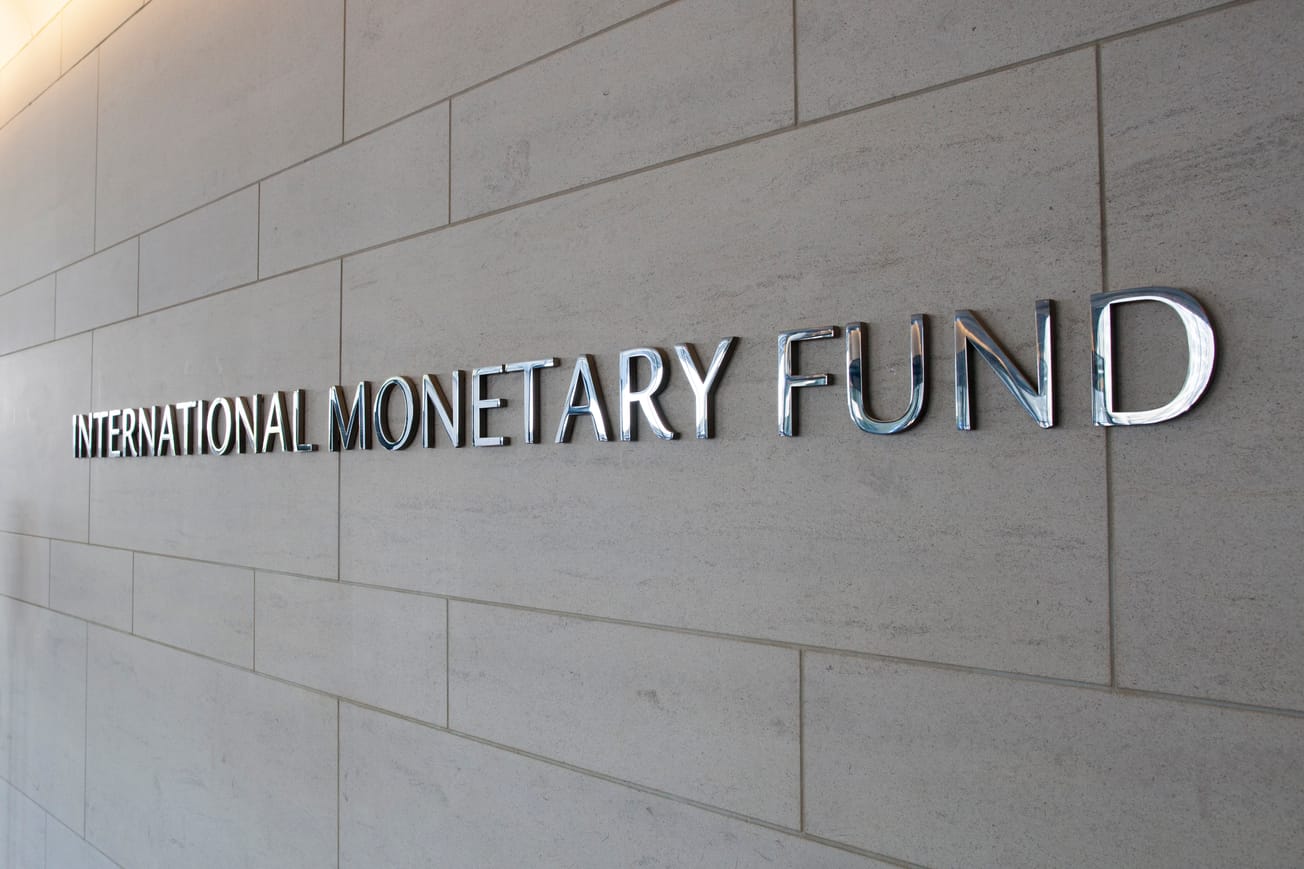Good afternoon. Government ministers may breathe a sigh of relief that the International Monetary Fund (IMF) has finally decided to release the third instalment of funding under its loan programme with Mozambique, as reported below. For the second time in three assessments, the IMF has delayed handing over the money and waited for the government to show compliance with the requirements of its loan programme.
Leader article continues below for Pro subscribers. Subscribers to the Zitamar News tier can read the full leader article here.
The latest from Zitamar News:

In particular, the IMF was waiting to see the government's budget for this year, with details of public sector salary spending and the introduction of VAT on sugar, soap and cooking oil. It was also demanding to have an audit, now published, into funds it provided for the government’s covid-19 response, of which about MZN1.7bn ($27m) has not been accounted for. The health ministry says that the money was not stolen but that there is simply not a paper trail for it. Certainly in the rush to get sanitation installed in schools and other facilities, some contractors were used who were not properly registered and did not provide receipts. Finally the fund wanted to see the approval of the law setting up a sovereign wealth fund to manage gas revenues, and the publication of a report into money laundering. Both are now done.
As well as reducing spending, the IMF wants the government to start repaying debts more quickly and to control how much it borrows to cover its budget deficit. This year, despite a growing economy, the government expects the state's budget deficit to widen to 10.4% of GDP, as a result of cost overruns in implementing the new public sector salary scale.








